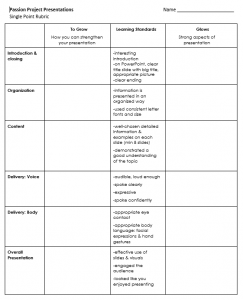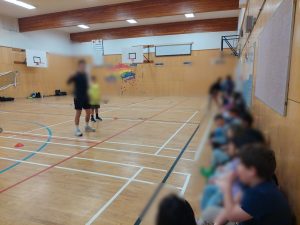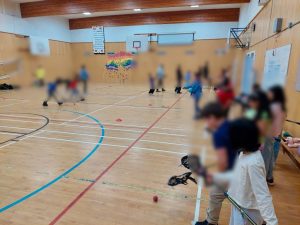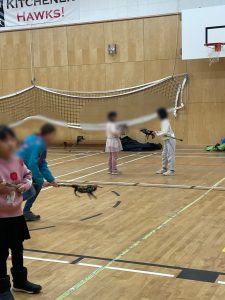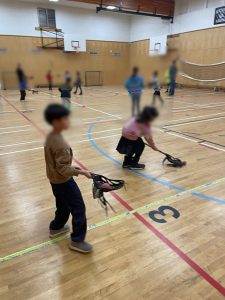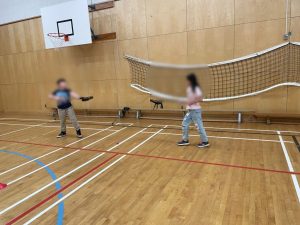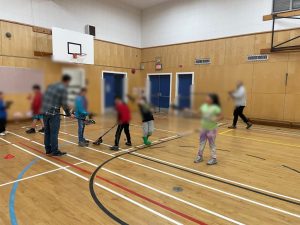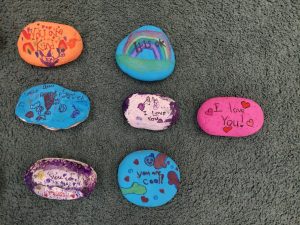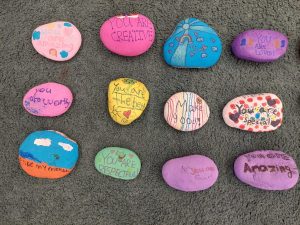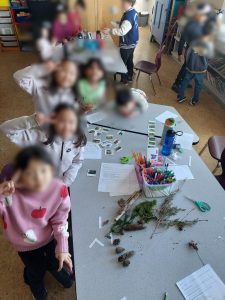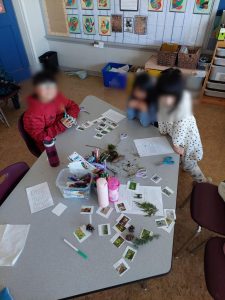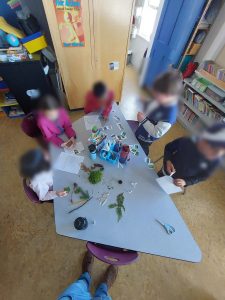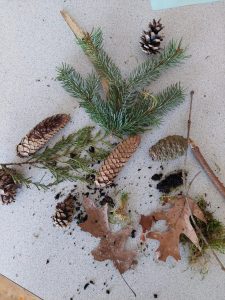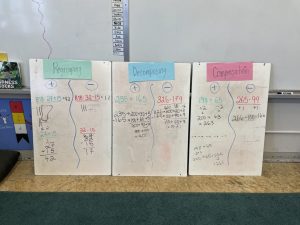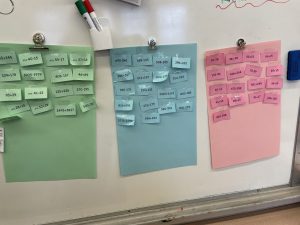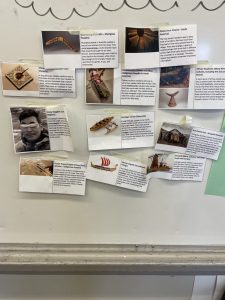Dear Division 11 Families,
Thank you so much for joining us on Wednesday, even on such short notice. From identifying problems and needs, planning and sketching, to creating their cardboard prototypes, our students worked incredibly hard. It was wonderful to see how proud they were to showcase their work, and we truly appreciate your presence and support. We also had two other classes visit, and it was heartwarming to see how engaged the audience was with our inventions.
In this project, we developed so many of our core competencies of critical thinking, reflective thinking, creativity, communication, and more! Well done, Division 11!
We Are Mathematicians
In math, we have been learning about 3D objects and their properties. Through hands-on activities, such as building with toothpicks and plasticine and using magnetic rods, students explored how to count faces, edges, and vertices. As we worked through these concepts, we discovered patterns. For example, with prisms, we learned that the number of edges can be found by multiplying the number of sides on the base by 3. A triangular prism has a base with 3 sides, so it has 9 edges (3 x 3). A hexagonal prism has 18 edges (3 x 6). In a short time, our students have done an amazing job learning the names and properties of various 3D objects!
We Are Artists
Tying into our lessons on geometry, students explored how to use shading techniques to make their drawings look three-dimensional and realistic. They each drew a cone, cube, cylinder, and sphere, then arranged them into a creative “impossible stack.” Shading was a new skill for many, but students rose to the challenge and were excited to see their drawings come to life!
Important Updates
Market Day – Monday:
Students from Divisions 1, 2, and 3 are excited to share their amazing handmade products, from jewelry to stuffed toys made from scratch. Prices vary, with most items around $5 and a maximum of $10. Please send your child with an appropriate amount of money they can manage independently.
Construction Update:
Fences will be going up around the school, restricting access to the back door from the annex/big gym side of the school. Please help your child line up at our usual morning spot by walking around the school close to Kitchener Street.
Body Science presentations on Tues, June 17:
Students in our class will have their presentation on Tuesday afternoon. The parent information session will be on Monday, June 16 at 6:30pm on Zoom. Please see the email from the office for the zoom link.
Book Swap on Wed, June 18:
Students who brought in at least one book will go to choose new to them books on this day! Might not be too late to bring in books on Monday! In my previous schools when we did this, almost every child brought in a book to swap. They absolutely love this event and went home super excited to share their books with their families!
Field Trip to McGill Library and Confederation park on Thur, June 19:
We are excited to join Ms. Forbes and Ms. Rinaldo’s classes this Thursday! Please review the notice by clicking here. Children are usually extra hungry during active field trips so please bring extra snacks. It might be easier for them to wear their bathing suits under their clothes too.
Thank you, families, for your continued support at home. We hope you have a wonderful weekend. And to our amazing dads, happy Father’s Day on Sunday!
Warm regards,
Cailyn and Livia
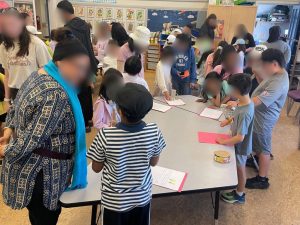
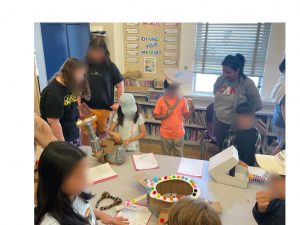
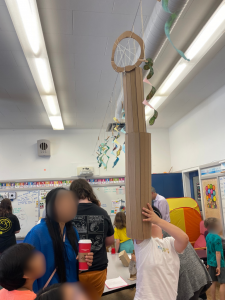

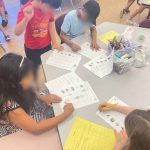
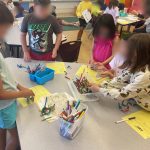
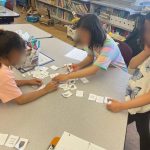
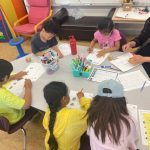
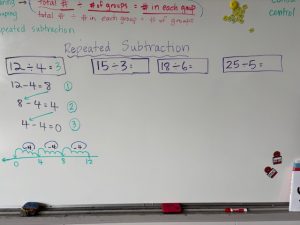
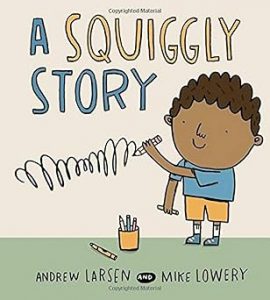
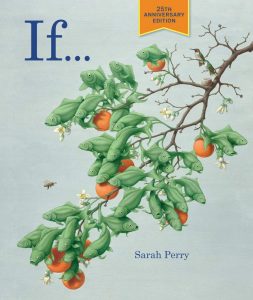
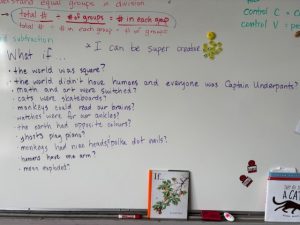
 We had a discussion about the picture on the left, exploring how both interpretations can be correct—even if they’re different. It’s all about point of view and understanding another person’s perspective.
We had a discussion about the picture on the left, exploring how both interpretations can be correct—even if they’re different. It’s all about point of view and understanding another person’s perspective.